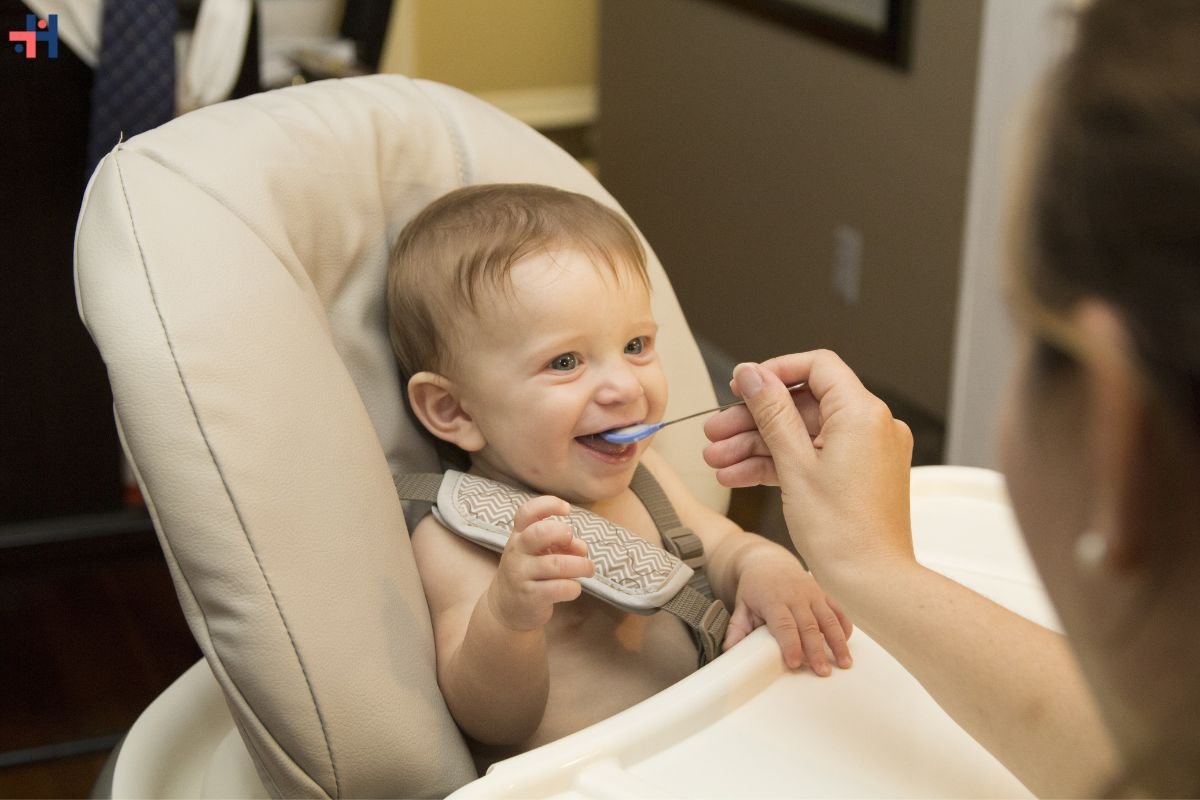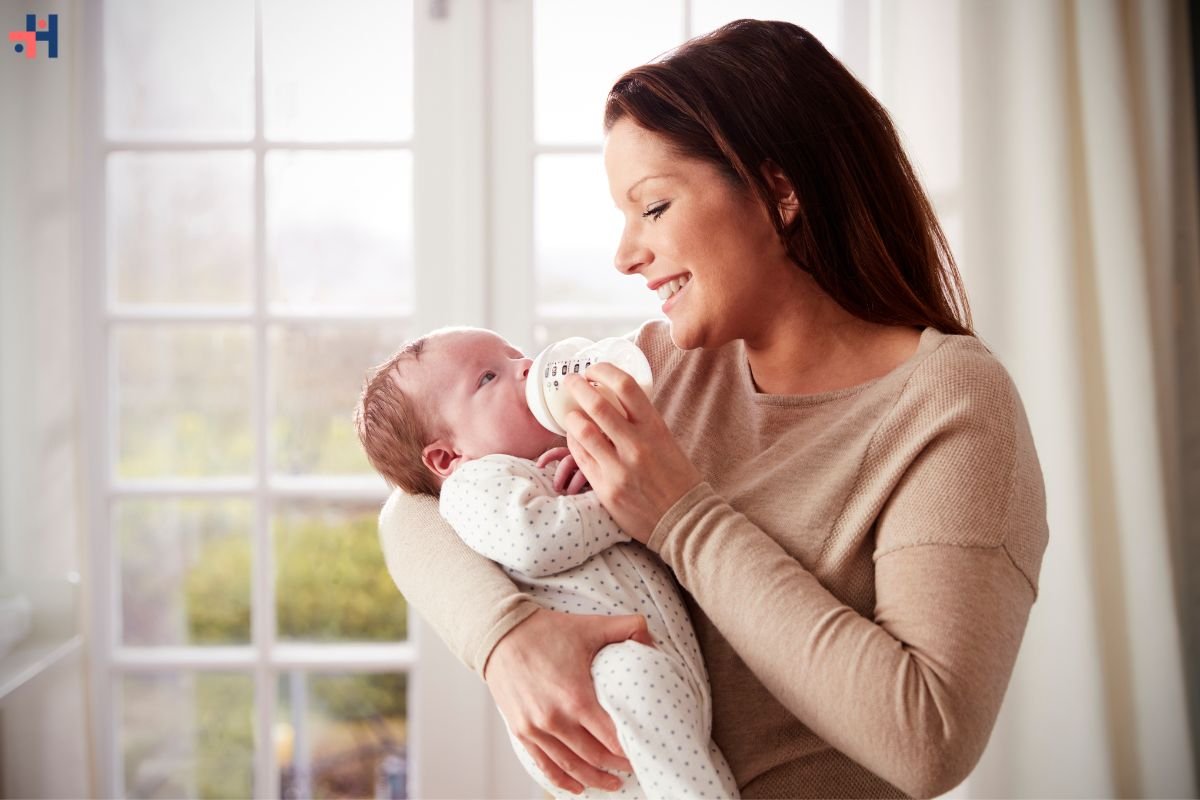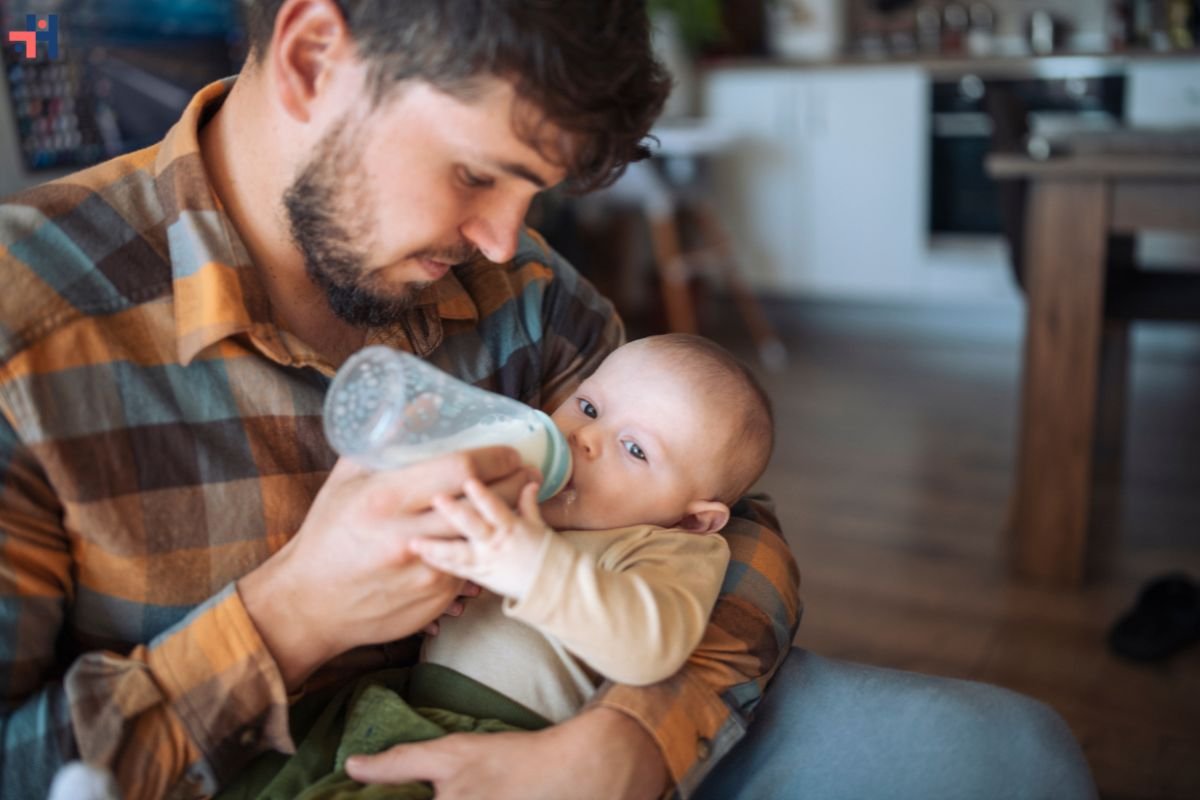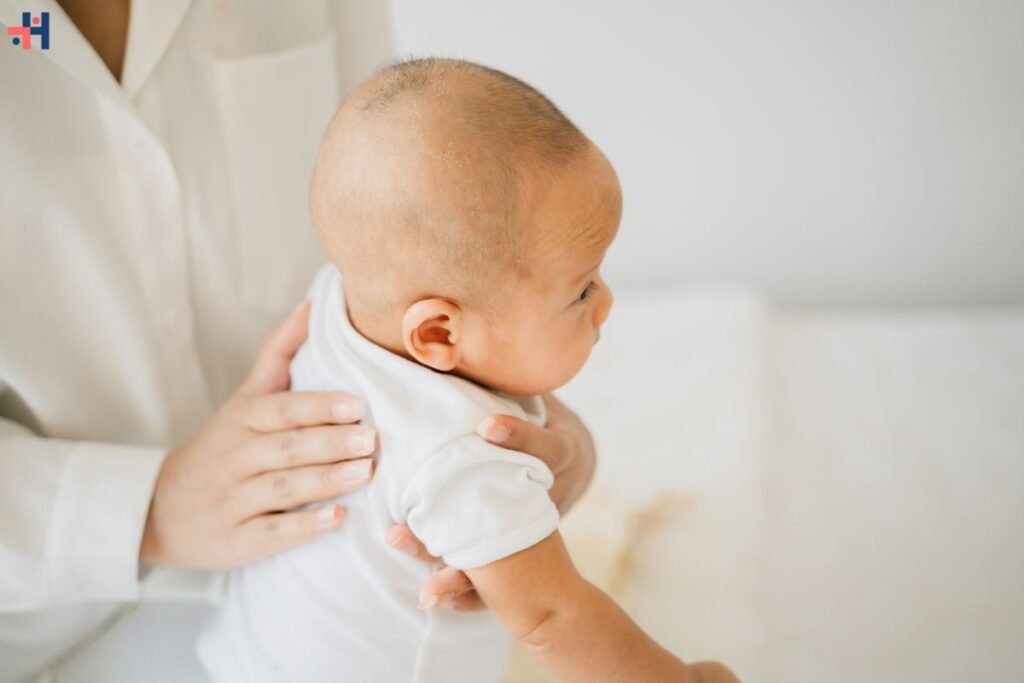Newborn hiccups are a common occurrence that often leaves new parents concerned and puzzled. While hiccups can seem alarming, they are usually harmless and a normal part of a baby’s development. In this comprehensive guide, we’ll explore the causes of newborn hiccups, how to prevent them, and effective remedies to help your little one feel comfortable.
What Are Newborn Hiccups?
Hiccups in newborns, much like in adults, occur due to involuntary contractions of the diaphragm followed by the sudden closure of the vocal cords, which produces the characteristic “hic” sound. Newborns can experience hiccups frequently, sometimes even several times a day.
Causes of Newborn Hiccups
Understanding the causes of newborn hiccups can help parents manage and prevent them. Here are some common reasons why babies get hiccups:

- Feeding Too Quickly: Rapid feeding can cause a baby to swallow air, leading to hiccups. Whether breastfeeding or bottle-feeding, fast feeding can result in air entering the stomach and causing the diaphragm to contract.
- Overfeeding: Overfeeding can stretch a baby’s stomach, triggering the diaphragm to spasm and causing hiccups.
- Swallowing Air: Babies often swallow air while feeding, especially if they’re using a bottle or pacifier, which can lead to hiccups.
- Temperature Changes: Sudden changes in stomach temperature, such as drinking cold milk after warm breast milk, can cause the diaphragm to contract.
- Stimulation: Overstimulation or excitement, such as during playtime or sudden movements, can also lead to hiccups in newborns.
Preventing Newborn Hiccups
While hiccups are often unavoidable, certain practices can help minimize their frequency:

- Burp Your Baby: Burping your baby after every feeding can help release trapped air, reducing the chances of hiccups. Try to burp your baby during feeding breaks as well, especially if they seem to be feeding quickly.
- Feed Smaller Amounts More Frequently: Instead of large, infrequent feedings, offer smaller amounts of milk more frequently. This can help prevent overfeeding and reduce the risk of hiccups.
- Maintain a Calm Feeding Environment: Ensure that feeding time is calm and relaxed. Minimize distractions and sudden movements to prevent overstimulation.
- Positioning: Hold your baby in an upright position during and after feeding for about 20-30 minutes. This can help reduce the amount of air swallowed and aid in digestion.
- Proper Latching: Ensure your baby is latching correctly during breastfeeding to prevent them from swallowing excess air. For bottle-feeding, choose bottles with anti-colic features designed to reduce air intake.
Remedies for Newborn Hiccups
If your baby does get hiccups, there are several gentle remedies to help alleviate them:
- Pause and Burp: If your baby gets hiccups during feeding, pause and try to burp them. This can help release trapped air that might be causing the hiccups.
- Change Positions: Sometimes, simply changing your baby’s position can help stop hiccups. Try holding them upright against your shoulder and gently patting their back.
- Offer a Pacifier: Sucking on a pacifier can help relax the diaphragm and stop the hiccups.
- Give Gripe Water: Gripe water is a natural remedy that some parents find effective for stopping hiccups. It usually contains a blend of herbs like ginger and fennel that can help soothe the stomach.
- Time and Patience: Often, the best remedy is to simply wait it out. Hiccups typically resolve on their own within a few minutes and do not cause any harm to the baby.
When to See a Doctor
While hiccups are usually harmless, there are rare instances when they might indicate an underlying issue. Consult a pediatrician if:

- Persistent Hiccups: If your baby’s hiccups last for hours or occur very frequently, it’s a good idea to seek medical advice.
- Discomfort or Distress: If your baby seems to be in pain, unusually fussy, or has trouble feeding due to hiccups, consult your doctor.
- Other Symptoms: If hiccups are accompanied by other symptoms such as vomiting, coughing, or difficulty breathing, seek medical attention promptly.
Conclusion: Embracing the Hiccup Phase
Newborn hiccups are a normal part of infancy and are usually nothing to worry about. Understanding the causes and preventive measures can help parents manage hiccups more effectively. While it might be tempting to try every remedy, sometimes patience is the best approach as hiccups naturally resolve on their own. Remember, if you have any concerns about your baby’s hiccups or overall health, it’s always best to consult with your pediatrician. Embrace this phase with confidence, knowing that hiccups are just another part of your baby’s growth and development.










